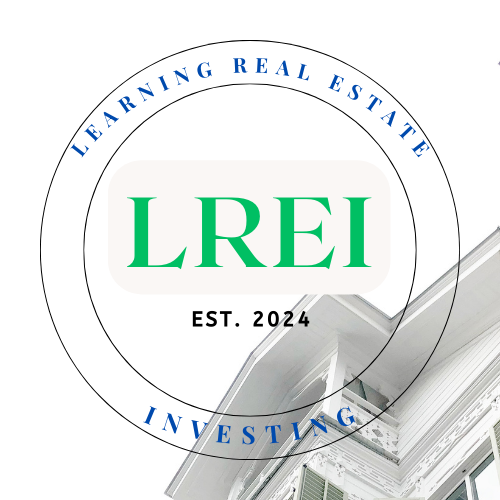Buying your first property is a major financial milestone, and it’s essential to prepare thoroughly to make a smart investment. Whether you’re purchasing a home for personal use or as an investment, careful planning can help you avoid costly mistakes. Here’s a step-by-step guide on what to do before buying your first property.
1. Assess Your Financial Readiness
Before diving into the property market, evaluate your financial situation:
- Check Your Credit Score – A good credit score (usually 670 or higher) helps secure a mortgage with favorable interest rates.
- Review Your Savings – Ensure you have enough for a down payment (typically 5%–20% of the property price), closing costs (2%–5%), and emergency funds.
- Calculate Your Debt-to-Income Ratio (DTI) – Lenders prefer a DTI below 43%. Lower ratios improve loan approval chances.
2. Determine Your Budget
Use online mortgage calculators to estimate affordability. Consider:
- Monthly mortgage payments (principal, interest, taxes, insurance)
- Maintenance costs (repairs, utilities, HOA fees if applicable)
- Future expenses (renovations, property taxes increases)
Avoid stretching your budget too thin—homeownership comes with unexpected costs.
3. Get Pre-Approved for a Mortgage
A mortgage pre-approval gives you a clear price range and strengthens your offer when bidding. To get pre-approved, you’ll need:
- Proof of income (pay stubs, tax returns)
- Bank statements
- Employment verification
- Credit report
Compare loan options (fixed-rate vs. adjustable-rate, FHA vs. conventional) to find the best fit.
4. Research Locations & Property Types
Location impacts property value, lifestyle, and future resale potential. Consider:
- Neighborhood safety & amenities (schools, hospitals, public transport)
- Future development plans (new infrastructure can increase value)
- Property type (single-family home, condo, townhouse)
Visit neighborhoods at different times to gauge noise levels and community vibe.
5. Work With a Real Estate Agent
A good agent can:
- Help find properties within your budget
- Negotiate better deals
- Guide you through legal and paperwork processes
Choose an agent with experience in your target area and read reviews before hiring.
6. Inspect the Property Thoroughly
Never skip a professional home inspection. It can reveal:
- Structural issues (foundation, roof)
- Plumbing & electrical problems
- Pest infestations
If major repairs are needed, negotiate with the seller for a price reduction or repairs before closing.
7. Understand Additional Costs
Beyond the purchase price, factor in:
- Closing costs (appraisal fees, title insurance, attorney fees)
- Moving expenses
- Homeowners insurance & property taxes
- Potential renovation costs
8. Make a Competitive Offer
Once you find the right property:
- Compare recent sales in the area
- Decide on an offer price (your agent can help)
- Include contingencies (financing, inspection, appraisal) to protect yourself
9. Close the Deal
After your offer is accepted:
- Finalize mortgage approval
- Conduct a final walkthrough
- Sign closing documents and pay remaining fees
- Receive the keys!
Final Thoughts
Buying your first property is exciting but requires careful planning. By assessing your finances, researching the market, and working with professionals, you can make a confident and successful purchase. Take your time, avoid rushing into decisions, and ensure your first property is a sound investment for your future.
Would you like recommendations on mortgage lenders or real estate tools to simplify the process? Let me know how I can help further!



Leave a Reply